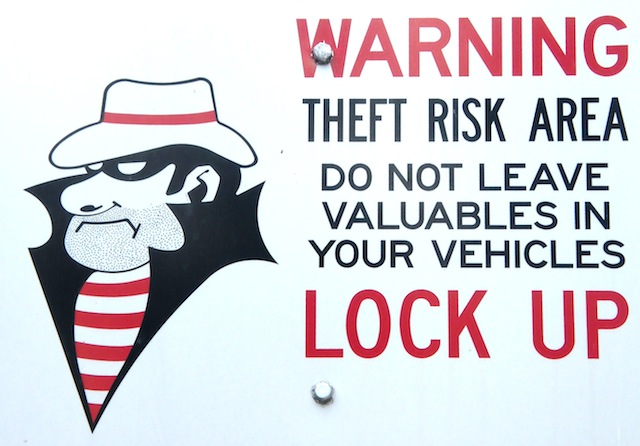Writer and business consultant Joseph Michelli says”Culture beats strategy, in fact it eats it for breakfast and lunch”.
This was one of the key points in a recent webinar about online retailer Zappos and its customer service culture.
Joseph’s right, the culture of an organisation is the ultimate key to its success, if managers and staff work “according to the book” and declaring “it’s not my job” then you end up with a siloed organisation where management are more interesting in protecting and growing their empires over helping customers.
With Zappos it’s interesting how it appears easy the integration into Amazon’s ownership has gone and this is probably because both have service centric cultures.
Both companies seem to have avoided employing Bozos as Guy Kawasaki famously put it a few years ago.
Your parking lot’s “biorhythm” looks like this:
- 8:00 am – 10:00 am–Japanese cars exceed German cars
- 10:00 am – 5:00 pm–German cars exceed Japanese cars
- 5:00 pm – 10:00 pm–Japanese cars exceed German cars
Guy’s German car observation is spot on. When I was running a service business, one measure I used for a potentially troublesome client was how many expensive German cars were in the executive parking spaces, it was usually a good indicator that an organisation’s leaders are more interested in management perks than maintaining their technology.
Another useful measure was where those cars are parked, a good indicator of management’s sense of entitlement is when executive parking spots are conveniently next to the building entrance or lift lobby while customers expected to find a spot anywhere within ten blocks.
It all comes down to culture and when management are more concerned about parking spots and staff about free lunches, you know you’re dealing with an organisation where the customer – or the shareholder – isn’t the priority.




